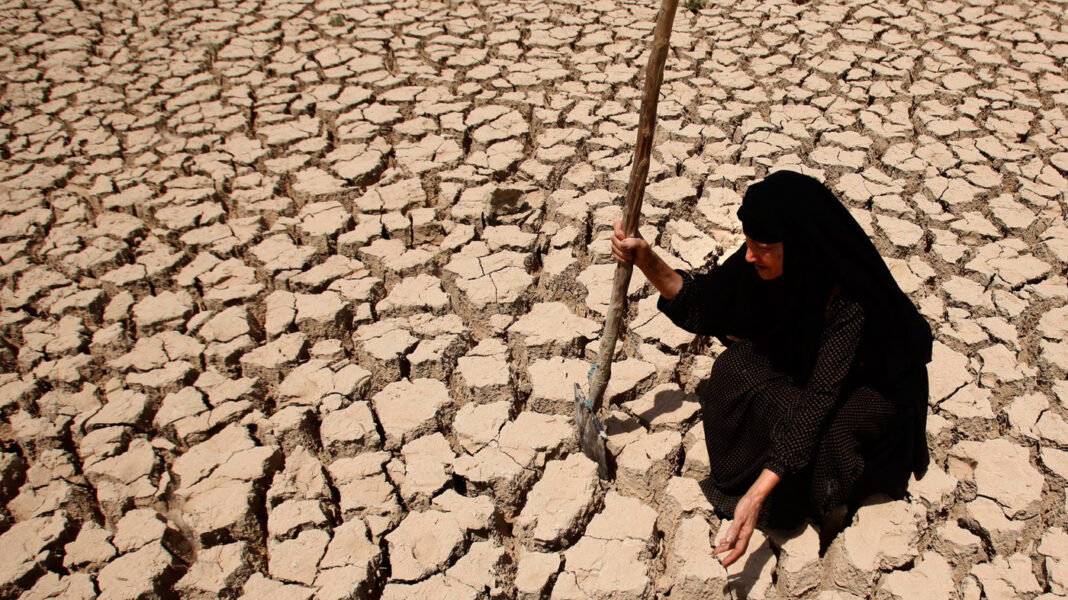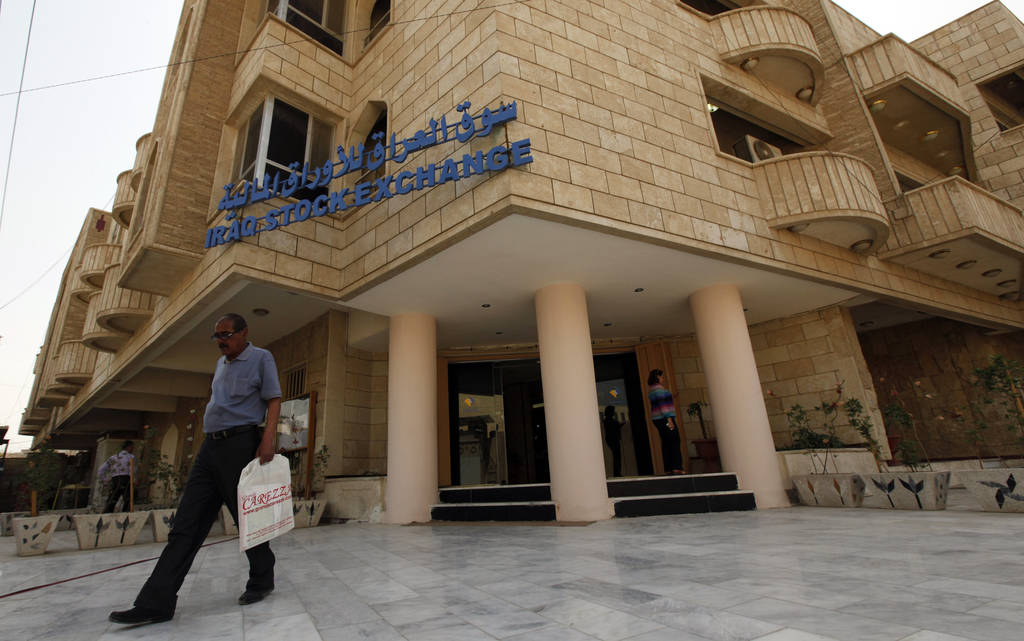Iraq’s Deputy Prime Minister and Minister of Planning, Mohammed Ali Tamim, highlighted the country’s ongoing struggles on Monday. He focused on the severe challenges caused by climate change and Iraq’s water shortage. At the 2025 High-Level Political Forum on Sustainable Development, held by the United Nations in New York, Tamim spoke about Iraq’s urgent need to address these issues. The forum ran from July 21 to 24 and evaluated global progress on the Sustainable Development Goals (SDGs).
Tamim emphasized that Iraq’s water shortage stands as one of the country’s most pressing problems today. He thanked the United Nations for its ongoing support to developing countries. Additionally, he recognized the significant efforts of international partners working alongside Iraq. Their cooperation remains vital in tackling the country’s water shortage. Without this global collaboration, finding lasting solutions would be much more difficult.
According to estimates by Iraq’s Green Observatory, the country’s annual groundwater reserves total around 3.4 billion cubic meters. However, the sustainable yield could potentially rise to more than 5 billion cubic meters each year. Despite this, official data reveals a concerning outlook.
By 2035, Iraq may experience a 20% drop in surface water availability. This decline results primarily from reduced upstream water flows. Climate change further worsens the situation by intensifying these effects. The combined impact threatens agriculture, drinking water supplies, and overall economic stability in the region.
The Deputy Prime Minister urged for stronger international collaboration to address these climate and water challenges. He underlined that sustainable development depends on managing water resources effectively. Without immediate action, Iraq’s future could face serious risks.
In conclusion, Iraq’s water shortage continues to worsen. The government calls for urgent measures and global support. The fight against climate change and water scarcity remains central to Iraq’s sustainable development efforts. If these issues remain unaddressed, they could severely hinder Iraq’s growth and stability.



